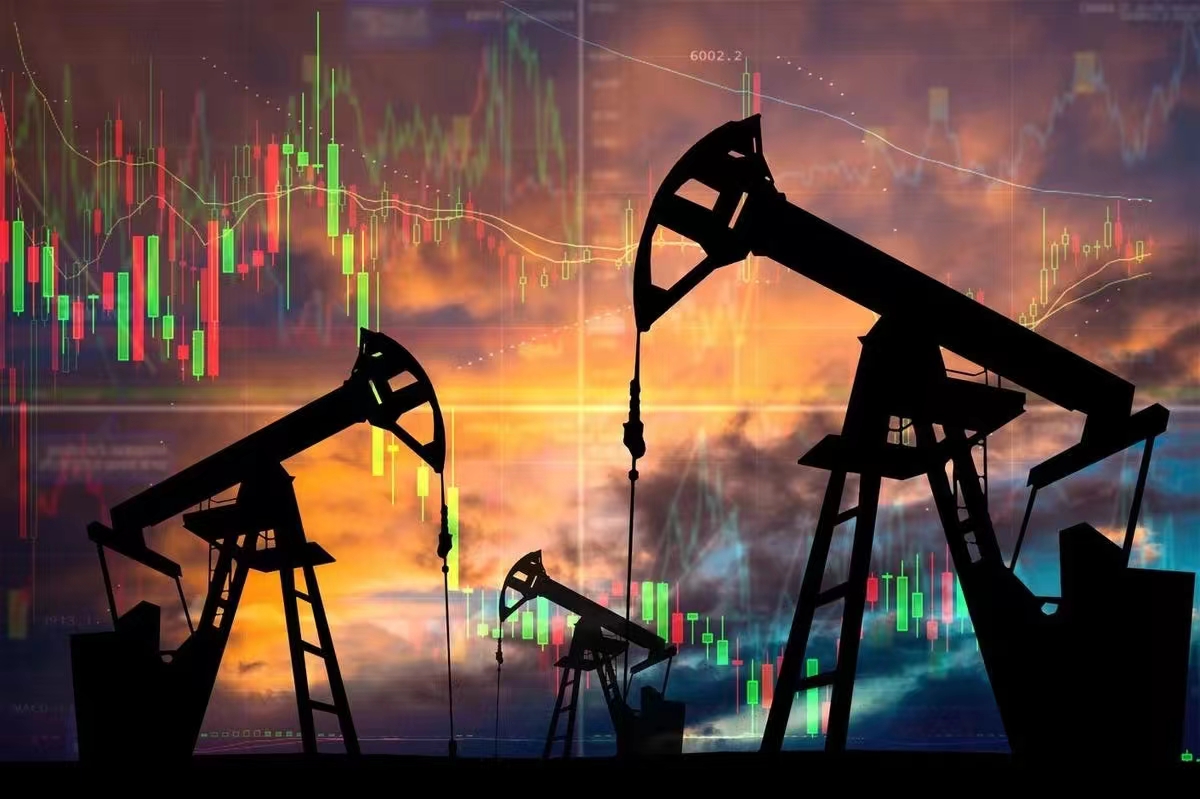
Recently, the Middle East has once again become the focus of global attention. According to reports, northern Israel has been hit by a suspected rocket attack from the Gaza Strip in Palestine, which is widely seen as retaliation for the previous assassination of the Iranian Hamas leader by Israel. The frequent turbulence in the Middle East not only exacerbates the volatility of the energy market, but also has a profound impact on the global financial market.
The Middle East is a major supplier of oil and natural gas to the world, and its political stability directly affects the security of global energy supply. Whenever conflicts or tensions escalate in the region, investors often worry about oil supply disruptions, thereby driving up oil prices. High oil prices not only increase the operating costs of the global economy, but also have a negative impact on the economic growth of energy importing countries, thereby affecting the performance of global stock and bond markets. For example, against the backdrop of recent tensions in the Middle East, oil prices have experienced a significant increase, triggering a chain reaction in global financial markets.
When geopolitical risks rise, investors often seek safe haven assets to avoid potential market risks. As a result, safe haven assets such as gold and the US dollar have been sought after, leading to price increases. At the same time, risky assets such as stocks and corporate bonds may face selling pressure, leading to increased market volatility. The rise of risk aversion not only affects the trend of the stock market, but also has a profound impact on the risk appetite of the entire financial market.
In order to cope with inflationary pressures caused by fluctuations in energy prices, central banks of various countries may adjust their monetary policies. For example, when the rise in oil prices leads to an increase in inflation expectations, the central bank may raise interest rates to curb inflation. The tightening of monetary policy will affect the financing costs of enterprises and the purchasing power of consumers, thereby affecting the financial market. In addition, the instability of the situation in the Middle East may also trigger changes in capital flows, further exacerbating the volatility of financial markets.
Faced with the complex challenges brought by the situation in the Middle East, investors need to take a series of measures to cope with possible market fluctuations. Firstly, investors should consider diversifying their investments to reduce the risk of a single asset class. By investing in products from different regions, industries, and asset classes, the overall risk of the investment portfolio can be effectively reduced. For example, in stock investment, some international stocks with low correlation to the Middle East can be allocated; In bond investment, you can choose some high credit rated government bonds or corporate bonds.
Secondly, investors should closely monitor macroeconomic indicators and market dynamics related to the Middle East region. These indicators include oil prices, inflation rates, economic growth data, etc. Their changes can provide investors with clues about market trends. At the same time, investors also need to pay attention to changes in the international political situation in order to adjust their investment strategies in a timely manner.
Although the situation in the Middle East may bring short-term market fluctuations, the long-term trend of global financial markets still depends on fundamental factors. Therefore, investors should maintain a long-term investment perspective and avoid making impulsive investment decisions due to short-term fluctuations.
Risk management is crucial in the investment process. Investors should establish a sound risk management mechanism, including setting stop loss points, controlling positions, and regularly evaluating investment portfolios. Through effective risk management measures, investors can reduce their risk exposure during the investment process and protect the safety of their investment capital.
The situation in the Middle East, as one of the important influencing factors of the global financial market, not only affects regional stability and development, but also has a profound impact on the stability of the global economy and financial markets. In the face of this complex situation, investors need to maintain a clear mind and sharp insight to cope with possible market fluctuations through measures such as diversified investment, close monitoring of market dynamics, maintaining a long-term investment perspective, and strengthening risk management. Only in this way can we steadily move forward in a challenging investment environment.

The United States announced on Monday its commitment to provide 1.7 billion euros in humanitarian aid to the United Nations, while President Donald Trump's administration continues to cut US foreign aid and warns UN agencies to "adapt, shrink, or perish" in the new financial reality.
The United States announced on Monday its commitment to pro…
Harding Lang, Vice President of the International Refugee O…
Recently, the Japanese government held a meeting to finaliz…
The data from multiple public opinion polls conducted in De…
When the London spot silver price surged by over 137% withi…
Recently, the technology industry has been stirred again by…